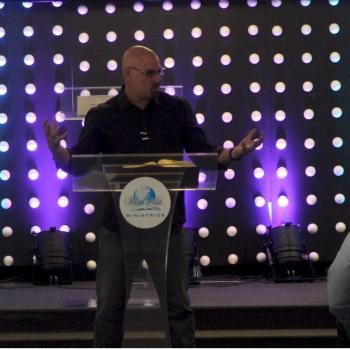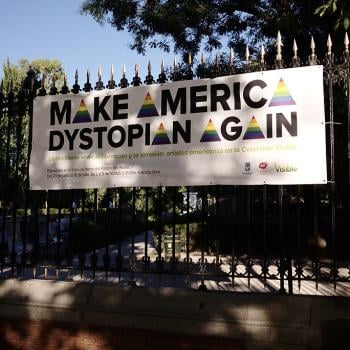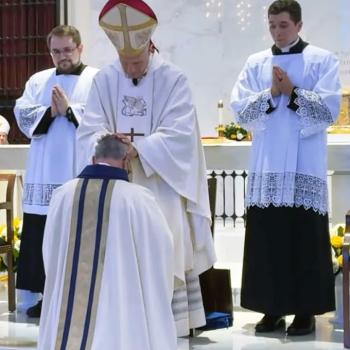While I cannot and will not claim that any of the present examination is entirely without its own bias, I stand by these observations as more frequent in practice than I would hope they are, and all the more upsetting because of that frequency. I speak from my own viewpoint, as someone heavily involved with queer spirituality, and as a founder of a particular queer Pagan group. I am a bisexual-identified pansexual, because I recognize that there are more than two genders, and I am potentially attracted to all of them, though my primary physical attraction is to males. However, because I am also metagendered, I do not consider being attracted to males in my own case as "homoeroticism" or "being gay" (even though it may look that way to others), because I consider myself neither male nor a man.
My main deity of focus is Antinous, who was the youthful lover of the Roman Emperor Hadrian. Though he may have been considered by some to be somewhat gender-variant, that was as much due to his age-group and the expectations of it as it was to his sexual relationship with the Emperor (and the most vocal critics of Antinous's gender and sexuality were Christians, not other Greek, Roman, or Egyptian polytheists of late antiquity). Though he was young, he was not androgynous as such; and though we are only aware of his sexual relationship with the Emperor, there is no reason to think that if he had grown older and survived longer, he would have married and fathered children. Attested hymns and spells involving him give him the goddess Selene as a lover, and a male asks for his help in binding a woman to him in sexual attraction. Hadrian himself had relationships with many women, including his wife Sabina, but also (it has been rumored) the Empress Plotina, and Sabina's mother Matidia; whether any of these are true, he was certainly a "lady's man" in many respects, and had a reputation as such. Thus, both he and Antinous cannot be considered "gay" in the same way that many modern gay men are.
Buying into the gender dualism of heteronormativity is a pernicious difficulty that can even plague attempts at creating a liberating queer spirituality. It often does so at the cost of allowing for variation and freedom of expression within gay or lesbian lives, since any attractions to people of genders other than one's own is considered somehow "lesser" or "not valid" or what have you. There is no one "right" way to be gay, or lesbian, nor is there one "right" way to be bisexual, or transgendered or transsexual or intersexed, nor is there one "right" way to be Pagan. I think it is desirable that modern queer spirituality within Paganism generally be much more careful in assumptions of such orthodoxies of gender and sexual orientation, as well as much more permissive, liberating, and affirmative of the expression and inclusion of such diversity. The best way to avoid the excesses and oppressive tendencies of other religions in having persecuted queer people and differing religions and theologies is to not replicate them in our own practices and ideas.





